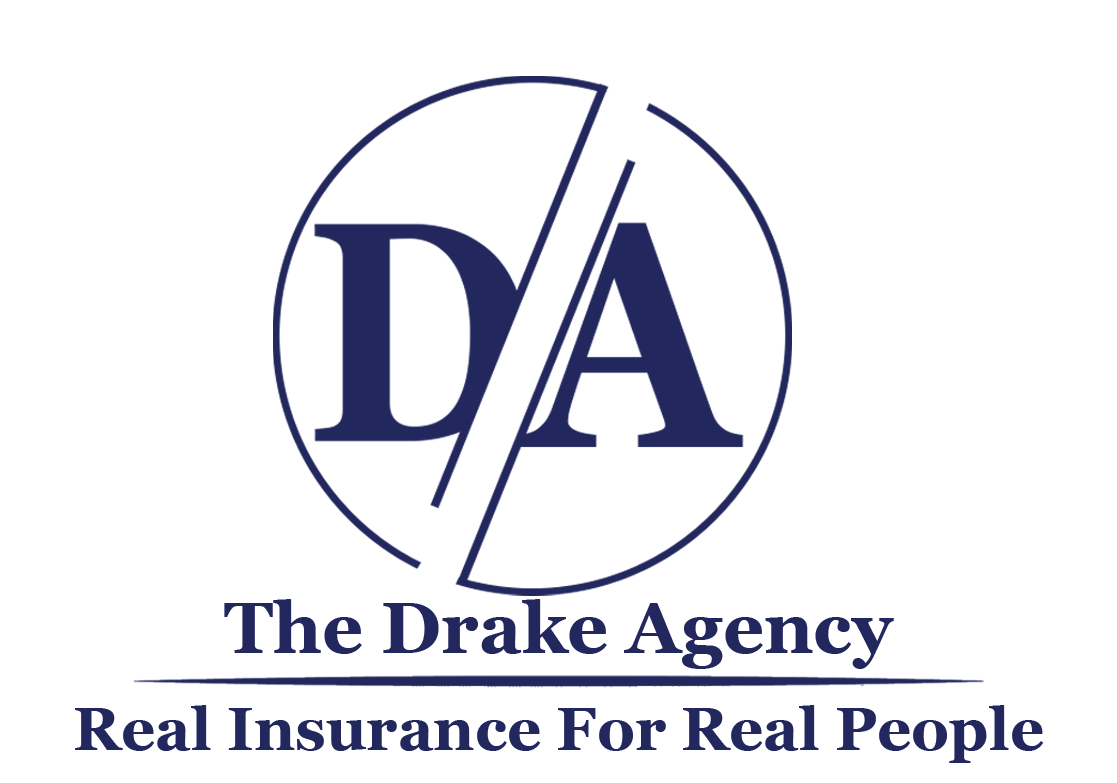What Is Comprehensive Insurance?
Comprehensive insurance is a coverage that helps pay to replace or repair your vehicle if it's stolen or damaged in an incident that's not a collision. Comprehensive, sometimes called "other than collision" coverage, typically covers damage from fire, vandalism or falling objects (like a tree or hail). If you're financing or leasing your car, your lender likely requires comprehensive coverage. If you own your vehicle outright, it's an optional coverage on your car insurance policy.
If you're shopping for auto insurance or are reviewing your current policy, you may want to consider comprehensive coverage. Learn what comprehensive insurance helps protect, how it is different from collision coverage and how limits and deductibles apply to the coverage.
QUALITY AUTO COVERAGE STARTS HERE.
When you drive with quality coverage, you drive with peace of mind. Auto insurance from The Drake Agency can help you stay protected for wherever the road takes you.
WHAT IS COVERED BY COMPREHENSIVE INSURANCE?
Comprehensive helps cover damage to your car that's not the result of a collision, such as:
- Theft
- Vandalism
- Fire
- Natural disasters (like a hurricane or a tornado)
- Falling objects
- Damage done to your car by animals
- A civil disturbance (like a riot that results in damage or destruction of your car)
WHAT'S NOT COVERED
- Damage to your car from a collision
- Damage to another person's vehicle from a collision
- Your (or your passengers') medical expenses after an accident
COMPREHENSIVE COVERAGE DEDUCTIBLES AND LIMITS
When you purchase comprehensive coverage, you will select a set deductible , which is the amount you pay out of pocket toward a covered claim. Let's say you choose a $500 deductible, and your car is later damaged by hail in a covered claim. If it costs $1,500 to repair your car, you would pay your $500 deductible, and your insurance would pay the remaining $1,000.
Comprehensive coverage has a limit , or the maximum amount your policy will pay toward a covered claim. The limit on comprehensive coverage is typically the actual cash value of your vehicle.
If your car is stolen, for example, your insurance company would reimburse you for your car's depreciated value, minus your deductible. In other words, if you wanted to replace your stolen vehicle with a newer make and model, you would likely have to use some of your own money to do so, in addition to using the reimbursement from your insurer.
Keep in mind that the comprehensive deductible and limit are separate from your policy's collision deductible and limit.
CHOOSING A COMPREHENSIVE COVERAGE DEDUCTIBLE
Your insurer will offer comprehensive deductible amounts in set increments, such as $500, $1,000 or $1,500. Choosing a higher comprehensive deductible generally means your premiums will be lower, which can save money upfront. However, you may have to pay more out of pocket toward a covered claim. Likewise, choosing a lower comprehensive deductible means the amount you pay for coverage will increase. Your agent can help you determine what deductible and limits fit your needs.
WHAT IS THE DIFFERENCE BETWEEN COLLISION AND COMPREHENSIVE INSURANCE?
Collision coverage helps pay to repair your car if it's damaged in a collision with another vehicle or object, such as a fence. Generally, collision coverage comes into play because a driver gets into a car accident.
Comprehensive is a separate coverage from collision. It helps cover different types of losses that are usually not the result of driving the vehicle, such as
theft
,
hail
or fallen trees.
WHY BUY COMPREHENSIVE COVERAGE?
If you're wondering whether you should buy comprehensive coverage, here are a few considerations:
- Comprehensive coverage may be required by your car's lender.
If you're leasing or financing your vehicle, your lender may require you to have comprehensive and collision coverage until the vehicle is paid off.
- How old is your car and what is it worth?
If you have paid off your car, comprehensive coverage is optional. It may be a good idea to find out the Kelley Blue Book value of your vehicle . Would you be able to pay that amount to repair or replace your vehicle if it were stolen or damaged in an accident? If you can't afford to pay much out of pocket, then buying optional coverages, like comprehensive coverage and collision coverage, may be a smart investment.
- How much are the annual premiums for comprehensive and collision coverage?
The Insurance Information Institute suggests that you take the amount you'd pay in one year for comprehensive and collision coverage and multiply that number by 10. Is your car worth less than that number? Then comprehensive and collision coverage might not be a cost-effective option for you. In other words, you might want to talk to your agent about whether it makes sense to include these coverages on your car insurance policy.
Have questions about comprehensive coverage? Call The Drake Agency Today .
Insurance Agent
Adam Drake
Nassau: 516-916-4020
Suffolk: 631-557-4680
NYC: 212-324-3025
Nassau Address: 26 Nassau Blvd., Garden City, NY 11530
Email: Adam@TheDrakeAgency.com
Leave a comment
Latest Posts


Our Insurance
Whether you need insurance policies to cover your home or your vehicle in New York, you can work with The Drake Insurance Agency to make sure you get the best coverage.
Location
(516) 916-4020
(631) 557-4680
(212) 324-3025
Email us







